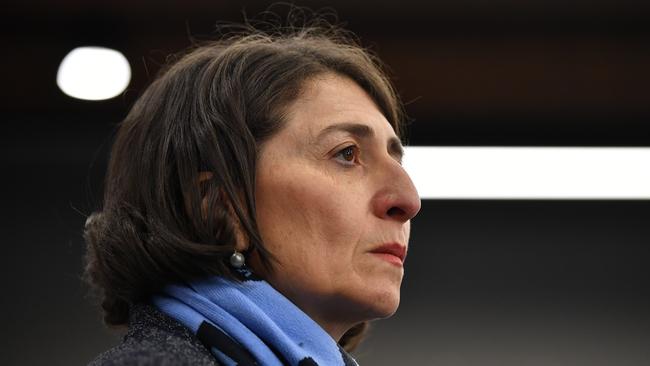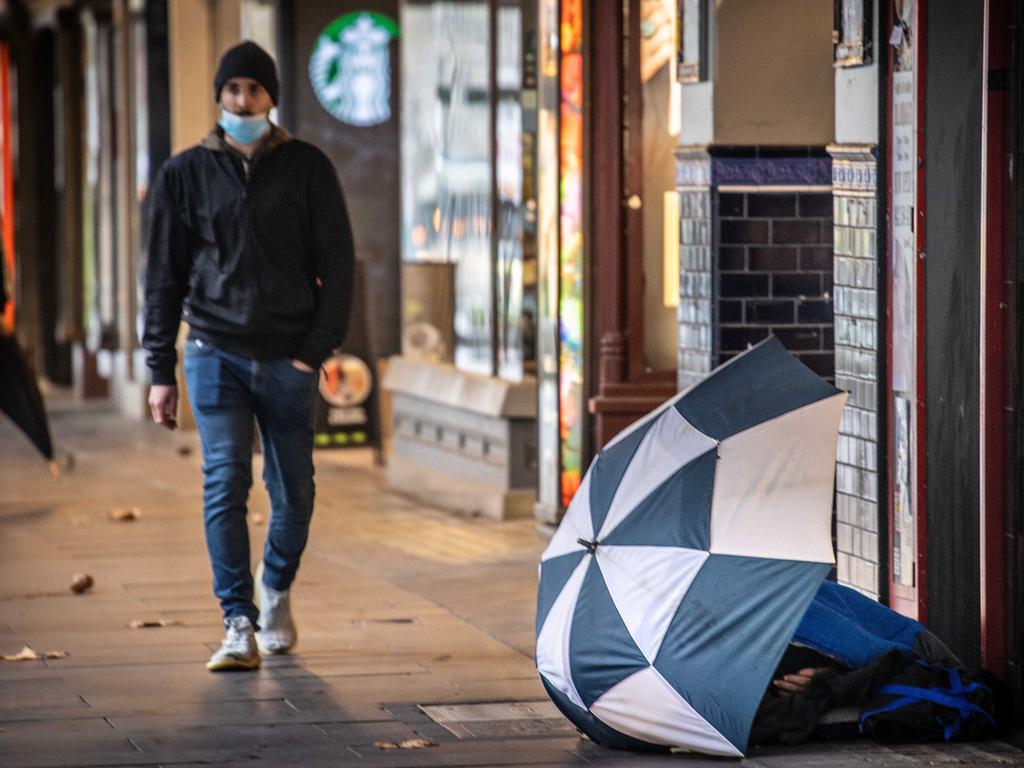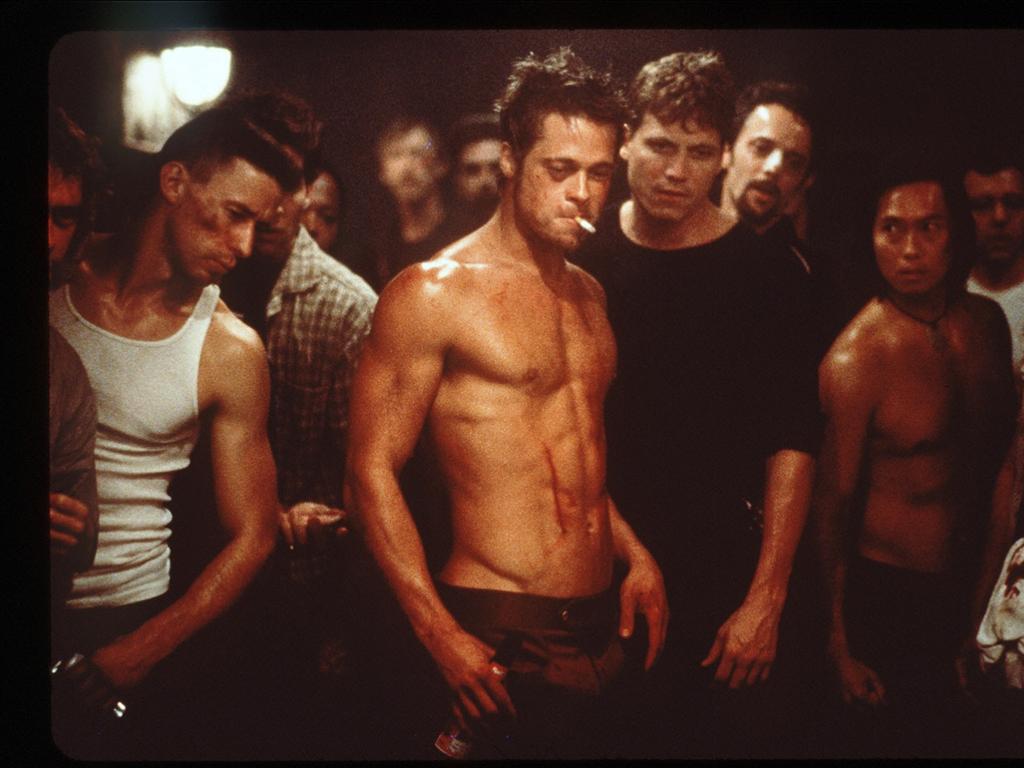Berejiklian finds her voice and we should find ours

The NSW Premier this week continued her efforts to expand vaccination efforts in the state, and to pressure the commonwealth to invest in a new dedicated quarantine facility, despite little encouragement from Canberra.
These actions will also almost certainly save lives, and livelihoods, in the months ahead as we wait for the global community to get a firmer grip on the Covid-19 pandemic.
Less noticed, but equally significant, was also the decision by the Premier to lend her support to the growing chorus, on both left and right, in favour of a First Nations Voice to Parliament.
This decision may not save lives this week, or next – or even this year. But it has the capacity to save and transform the lives of countless Aboriginal and Torres Strait Islander peoples in Australia for decades to come.
The idea of a First Nations Voice to Parliament comes from the historic calls from Aboriginal and Torres Strait Islander peoples just over four years ago at Uluru, in the Uluru Statement from the Heart. And the idea behind it is simple: it is that First Nations should have a formal say, and seat at the table, in areas of policy-making that affect them. And that this say – or “voice” – should be guaranteed, not just something granted at the whim or discretion of the government of the day.
This is the essence of what it means for First Nations to have true agency and equality.
You cannot be self-governing unless you get a say in shaping the laws that affect you. And Aboriginal and Torres Strait Islander peoples are simply too small a minority to be able to count on doing this consistently through the ordinary electoral process.
First Nations also have a special historical claim to a seat at the table. Our First Nations are the traditional owners and custodians of our land, and for too long our country failed to recognise this. A Voice to Parliament is part of righting that wrong and giving First Nations an overdue voice in how all our land is governed.
For this to have meaning, however, a Voice to Parliament must be entrenched in the Constitution – and in ways that go beyond the “constitutional nod” to the possibility of a Voice suggested recently by other conservative supporters of a Voice, such as Andrew Bragg.
True agency and equality for First Nations cannot exist it they must fight for their seat at the table afresh, each year or each parliament.
A true seat at the table is not one that can be taken away at whim, based on shifting notions of what is in the best interests of the country, or even Aboriginal and Torres Strait Islander people themselves.
This was one of the many flaws of the Intervention, and ATSIC as a model for expressing First Nation aspirations.
A true seat at the table is one that stays there, year in and out, with your name on it – no matter how tough or critical the words you choose to say from it.
It is, therefore, extremely important that we be clear about what it is that the Premier, and other leading supporters of the Voice, are signing up to when they lend their support.
It is not just the idea of a seat at the table, provided for in legislation, or even the idea of a seat that gets a mention in the formal language of the Constitution. It is a seat that the Constitution recognises and protects – even while leaving details about the upholstering to be worked out by statute, at a later day.
It is a form of constitutional recognition that is clear and simple, and flexible, but also fixed in its core commitment to a substantive Voice – that cannot be removed or revoked, as opposed to modified, by parliament.
Changing the Constitution in Australia is a tough process and will require a lot of debate and explanation to voters, in the lead-up to any successful referendum.
But it is also a process that is well worth the fight – providing it stands for something.
It is, therefore, high time we all joined the Premier in lending our support to the call for a Voice to Parliament – but one that is fixed as well as clear and flexible in shape, and that finds its rightful place in our Constitution as well as our statute book.
Rosalind Dixon is a professor of law and director of the Gilbert + Tobin Centre of Public Law at UNSW Sydney.






Thank god for Gladys.